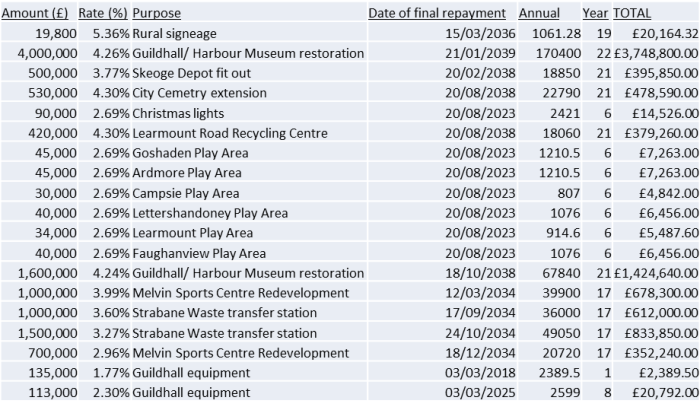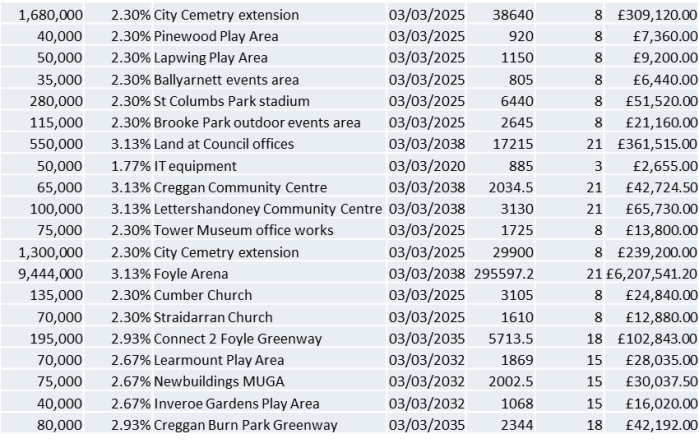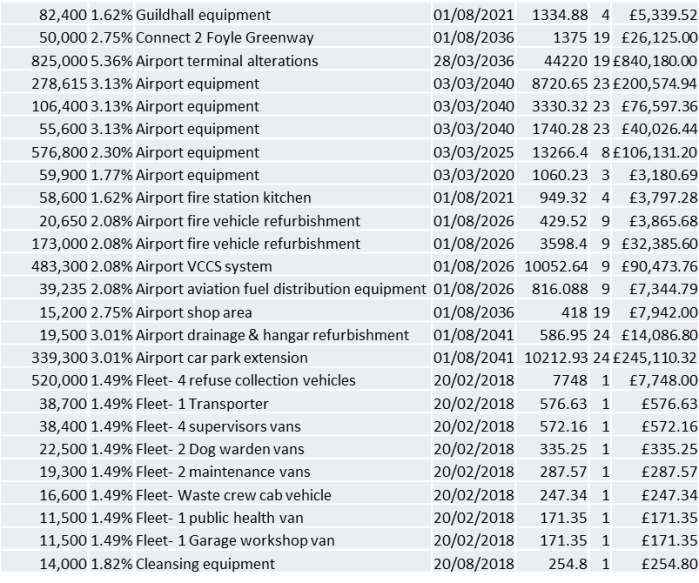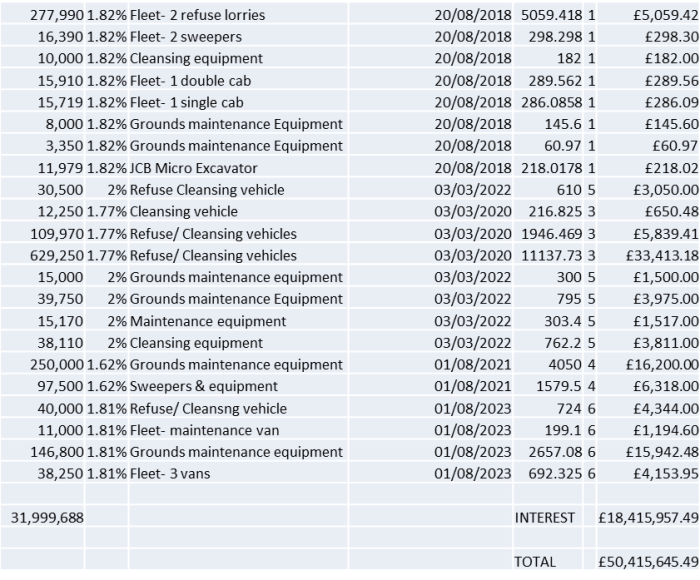It is probably impossible to discern how many times the tremendously battered cliché that a week is a long time in politics has been printed or spoken by journalists since it was used first by Harold Wilson at some point in the mid-1960s.
Was he still alive, I wonder how he’d respond to the question of how the last eight months has played out politically in Northern Ireland? ‘Interminable’, may have been his answer.
It wasn’t in the end interminable. Then again, nothing ever truly is. Instead the lifetime of the latest Assembly lurched, perhaps inevitably to a terminal conclusion.
At the tail end of those eight months a lot has happened in terms of political recrimination. That it was politically eventful in the wider sense not in doubt. But, actual wide ranging political progress, the whole point of devolution, has again been completely absent from ‘that hill’ on the outer edge of East Belfast.
And, time again may eventually also reveal whether the actual cause of the latest collapse of the Assembly. Was it caused by the scandal around RHI? Was it the glaring unwillingness of the DUP to truly grasp the essence of power sharing? Or was it because, seemingly at last aware of the grumblings within their grass roots about the ‘futility’ of maintaining the Stormont Executive, Sinn Fein implemented their right to pull the institutions down?
No matter the various theories on the latest collapse of Stormont, be they practical or ideological or a combination of both, the result remains the same. This day week, Thursday, March 2, the population of the North will be asked yet again to vote in an election to return representatives to the Northern Ireland Assembly.
Not even those standing in this snap election have the nerve to confidently predict that there will be a return to devolved government after the election. Given the pre-election dogma from Sinn Fein that there cannot be a return to the status quo, it is truly hard this time to see any last-minute miracle cure to resurrect power sharing in post-election negotiations. That too may be a matter of political practicality, it may even fall within the realms of pragmatism. The DUP for their part appear to remain as dogmatic as they were prior to the collapse. On the side lines the SDLP and UUP are taking part in some kind of unspoken pact in the hope that the electorate in their slightly more heated apathy opt for a more diluted version of Orange and Green.
Failure to resurrect the Executive will mean a return to direct rule from London enacted by unelected civil service mandarins posing as representatives of the Northern Ireland Office. I would suggest that in the dim corridors and musty side offices of Whitehall at the minute a lot of low profiles are being kept lest the dreaded call to collect a plane ticket to Belfast comes through on ‘one’s telephone extension’.
Should that likely eventuality arise, almost twenty years after the Belfast Agreement, from a nationalist perspective, the status quo will have returned.
This election, we have been told, is not one built upon a question on the constitutional position of Northern Ireland. It is one based on a need to seek to destroy corruption, to increase accountability, to ensure that revamped structures contain enough political mechanisms to provide mature and fiscally responsible governance. These mechanisms should also provide for avenues approaching proper power-sharing structures- so we are being told.
The fact is however that every election in Northern Ireland boils down to the consideration of the constitutional position of Northern Ireland. Let’s face it, if every election wasn’t like this to a certain extent we wouldn’t have found ourselves in this position yet again. It is a perennial and inescapable tenet of political life in this state.
Whilst this latest hiatus unfolds however, there are many issues that once more fall by the wayside in the distraction of the Orange and Green Punch and Judy show.
Note to self: (Wasn’t there a crocodile in that too if I’m not mistaken? He liked eating strings of sausages I recall. Hopefully, there were Moy Park products. Nothing wrong with that crocodile protecting the local economy, as long as he doesn’t want the packaging scribed in Gaelic).
Another perennial and inescapable tenet of life in Northern Ireland has, since partition, been the economic disparity east and west of the Bann. The monthly unemployment figures for Northern Ireland were released last week.
Desperate for credence politicians clung to the fact that the overall total for joblessness fell by 1,000. The tenth successive month that a drop had been recorded. That this happened at all in a state that must look increasingly laughable in international terms because of the failure of our ruling parties to achieve basic co-operation never mind attract inward investment, is of course laudable.
Yet again, we here in the ‘whinging west’ as we are apt to be known, found ourselves top of the scrap heap yet again. Derry City remains the worst unemployment blackspot once more with the jobless figure at 7%.
Following on from Beyond The Pillars recent piece on RRI (how revenue is generated and spent in Northern Ireland) (click here for the piece) and how the North West was basically ignored by these mechanisms we have a few more thoughts on the overall situation.
How, we are asking, did the Northern Ireland Executive deal with the idea of ‘regional disparity’?
This is the notion that the political leadership in this state attempted to look at developing economic growth across Northern Ireland on a more even handed basis and not just in the eastern section of the state, and more specifically Belfast City.
Whilst I was employed as a political adviser at Stormont in 2013, I penned a paper calling for an Independent Review of Economic Policy undertaken by the Executive in 2009. The 2009 approach taken had largely dictated the direction of economic policy from that point onwards and in effect consigned a flexible approach to the fiscal dustbin (click here to see the paper). Since that point also, the overall ignorance of the Executive to the needs of the North West has been staggering.
The Economic Advisory Group (EAG), a panel of experts that advised the then Enterprise Minister, Arlene Foster: “In summary we would suggest that promoting sub-regions within Northern Ireland should not be considered a high priority at this time.”
The letter to Mrs Foster from the EAG came in March, 2014. Essentially, the EAG asserted that Northern Ireland must be viewed as one economic entity and that businesses would invest where they felt that their interests were best served. Furthermore, they contended that the Executive should not interfere with that overview by promoting investment in specific areas such as Derry.
This advice was duly adhered to by the Executive.
Beyond the remit of Stormont, the Westminster MP for Foyle, Mark Durkan, has looked at an alternative to locally ascribed sub-regional intervention under what is termed a ‘City Deal’. This deal involves specific intervention to address economic imbalance within an individual geographical location.
Speaking in a debate on the issue just prior to the Assembly election last May, Mr Durkan said: “Listening to DUP MPs, it would have been easy to be lulled into a culture of contentment with all this talk of economic miracles and the economy going well, or, as the Deputy First Minister put it a few weeks ago, the economy being in a “happy place”. The reality is that in my constituency (of Derry) the jobseeker’s allowance claimant count is 10.3%, whereas the Northern Ireland average is 4.6% and the UK average is 2.5%. The 18 to 24-year-old JSA claimant count is 12% in my constituency in the North West, whereas the Northern Ireland average is 5.8% and the UK average is 2.9%. The disparities are similar in the child poverty rate.
“Although the emphasis in the previous Programme for Government, and from the UK government, has been on the need to rebalance our economy – the move on corporation tax is one part of that – we also need to rebalance our region. We need greater investment in the West and elsewhere. We cannot just have policies and benefits that concentrate on Belfast.”
“Will the (NIO) Minister tell us about some of the opportunities for the next Assembly to work with the UK government on city deals and enterprise zones? Those opportunities were available to us throughout the whole of the last Parliament, and the Chancellor of the Exchequer said that he would give Northern Ireland enterprise zones and city deals if he got proposals from the Executive – but proposals came only in 2014 and when one finally came it was for an enterprise zone in Coleraine. We still have no proposals for the areas that are most mired in high unemployment (not least Derry).
“Will any prospective city deal include support for further university expansion? Why could there not be a cross-border dimension? We have made a move on corporation tax, but if we are to learn lessons from the South, we must see that it is not just corporation tax that has underpinned its economic performance. It is also key investment in higher education and skills and in infrastructure. Those two things are missing in the North.”
In response to Mark Durkan, NIO Minister Ben Wallace MP replied: “The hon. Member for Foyle (Mark Durkan) is absolutely right to say it is very important to make sure that our economic development is balanced across a region or a country. We have to make sure that we always rebalance, and that we do so fully conscious that it is not always about one big city. I am delighted about the Republic of Ireland’s commitment on the A5 – after this election, we hope. The Northern Ireland Executive have already said that they are going to move ahead with the A6 and finish off the dualling. If we can get Derry and Londonderry much faster to get to, there is great hope. I hear the hon. Gentleman (Mark Durkan) loud and clear on the city deals and enterprise zones. I have already spoken to (his colleague) the hon. Member for South Down (Ms Ritchie) about how we can help to lobby and put together a bid. We will happily go with her to see the Chancellor and lobby for that, whether it is for South Down or Londonderry.”
This was almost a year ago. In the intervening eight months after the last Assembly election, no proposals on it were forthcoming. The likelihood of Assembly support for this proposal, which as you can see did not fall on deaf ears at Westminster, seems even more distant now given the latest political stagnation.
Oddly, despite the disintegration of the Assembly and the likely return of direct rule, BREXIT may offer Derry a chance to prosper. Whilst the EAG felt safe in their advice that Northern Ireland should be a single economic unit because specific regions are given classification that attracts investment and it classified here as one unit-this classification would be removed after Britain’s departure from the EU. This classification is called Nomenclature of Units for Territorial Statistics, or NUTS for short (no pun intended).
So, given this, Beyond The Pillars asked the Department of the Economy at Stormont: “If any discussions have been had between the Department of the Economy and the UK Government regarding the attraction of inward investment to sub-regional areas of Northern Ireland particularly in the event of the UK leaving the EU and the NUTS specification of Northern Ireland no longer being in place?”
We also asked: “If any discussions have been had between the Department of the Economy or Invest NI and the UK Government to allocate regions within Northern Ireland such as the North West with its own specific area, with its own inward investment priorities, such as a UK NUTS allocation for different areas within Northern Ireland as opposed to Northern Ireland being considered as a single unit for investment?”
What was the response to those questions?
It was: “No, we have no records that any discussions took place.”
In fact, continuing with their response, the Department said that the ‘UK’s Assisted Areas Map was is approved for the period 2014-2020.’
What is the Assisted Areas Map? Well, in essence, it is a map containing areas where extra assistance would be available to businesses, which doesn’t even address the point made, but worse, also categorises the North as one whole area.
So, the Executive in the dysfunctional fashion only it can get away with, has completely overlooked any opportunity arising from the catastrophe that is Brexit, to facilitate growth in the North West – and look at the timescales, both the SDLP and SF were in the Executive at this time.
Earlier in this article I spoke about party political claims that next week’s poll is not an election about the constitutional position of Northern Ireland and how it is one that aims to straighten out the terms of governance if, and it is a big ‘if’, if there is a return to Stormont. In fact it is an election that is more than ever about the constitutional position of Northern Ireland, not just within the UK, but within Europe as well, simply because any new Executive must face the issue of Brexit head on.
Given, as shown above they haven’t even discussed these matters with the UK Government, this may be something worth remembering when you mark your ballot paper next Thursday.











 The blue, all of RRI spending in NI, with the red, that money spent in Derry.
The blue, all of RRI spending in NI, with the red, that money spent in Derry.